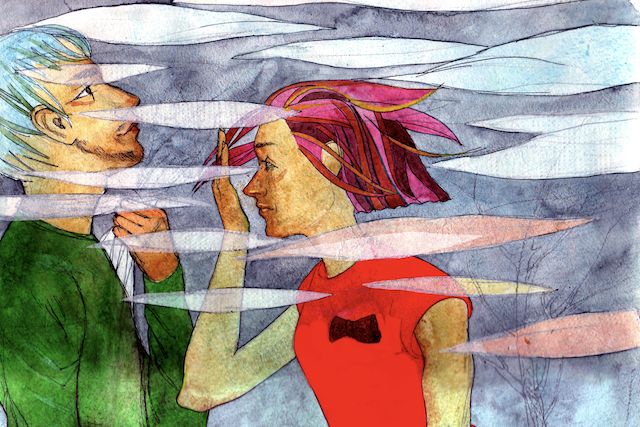In this era, where a lot of people are becoming more and more indifferent towards one another, kindness is coming at an expensive price. It is not often that you see people showing kindness towards others. BUT. . .I found this video recently where there was a prepared set of different videos to prove that wrong. Throughout the video, you can watch Santa providing warm clothes to homeless people or older woman praising stranger for doing cool tricks with skateboard and many others. As always I hope this afflicts the Caring Catalyst in you that by merely watching the video, you will realize that kindness in humanity hasn’t been lost completely and there are still people out there ready to show acts of kindness not only to their close ones, but also to any random strangers and make them emotional or even cry by their acts of kindness. THAT it’ll inspire you to bring a special warmth to Another’s CHILL. . .Enjoy watching the video. . .





























